The IEEE Nanotechnology Council announces its 2020 Award Winners. Individual Awards were presented at its 20th IEEE International Conference on Nanotechnology (NANO 2020) held virtually on 29-31 July 2020.
PIONEER AWARD IN NANOTECHNOLOGY
The NTC Pioneer Award in nanotechnology is to recognize individuals who by virtue of initiating new areas of research, development or engineering have had a significant impact on the field of nanotechnology. The award is intended for people who are in the mid or late portions of their careers, i.e., at least 10 years beyond his or her highest earned academic degree on the nomination deadline date.
2020 Pioneer Award Recipient
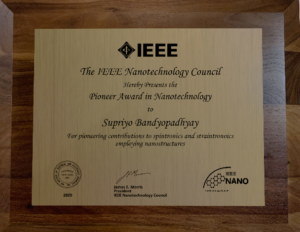
 Professor Supriyo Bandyopadhyay from the Virginia Commonwealth University has been selected as the recipient of the 2020 IEEE Nanotechnology Council Pioneer Award in Nanotechnology, with the citation:
Professor Supriyo Bandyopadhyay from the Virginia Commonwealth University has been selected as the recipient of the 2020 IEEE Nanotechnology Council Pioneer Award in Nanotechnology, with the citation:
“For pioneering contributions to spintronics and straintronics employing nanostructures.”
Professor Bandyopadhyay is a pioneer in the field of straintronics which deals with switching nanomagnets with electrically generated strain for extremely energy-efficient computing and signal processing. He has also worked for many decades on spin-based classical computing. Additionally, he developed unique self-assembly techniques for nanoscale synthesis that led to the demonstration of novel optical, electrical and magnetic devices. In 2016, he was named Virginia’s Outstanding Scientist by Governor Terence McAuliffe and in 2018, he received the State Council of Higher Education for Virginia Outstanding Faculty Award which is the highest award for any faculty member in any private or public college or university in Virginia. He also received his university’s Award of Excellence and Distinguished Scholarship Award – both given to one faculty member in the University in any given year. He has received many other awards over an academic career spanning three decades.
EARLY CAREER AWARD IN NANOTECHNOLOGY
The Nanotechnology Council has established an Early Career Award to recognize individuals who have made contributions with major impact on the field of nanotechnology. Up to two awards may be given per year. There may be one award for academics (persons employed by colleges or universities) and one for persons employed by industry or government organizations.
Early Career Award Recipient
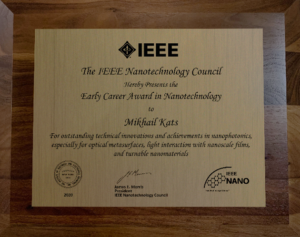
 Professor Mikhail Kats at the University of Wisconsin-Madison, USA, has been selected as the recipient for the 2020 IEEE Nanotechnology Council Early Career Award, with the citation:
Professor Mikhail Kats at the University of Wisconsin-Madison, USA, has been selected as the recipient for the 2020 IEEE Nanotechnology Council Early Career Award, with the citation:
“For outstanding technical innovations and achievement in nanophotonics, especially for optical metasurfaces, light interaction with nanoscale films, and tunable nanomaterials.”
Professor Kats is an expert in the interaction between light and structured optical materials. He has made pioneering contributions to the development of optical metasurfaces, ultra-thin-film interference coatings, tunable optics with phase-transition materials, and thermal-radiation metrology and engineering.
TECHNICAL COMMITTEE AWARD

Each year, the Council will provide an award for the best Technical Committee for the prior year.
The winner of the 2019 Technical Committee Award is
TC 5: Spintronics
Chair: Jayasimha Atulasimha
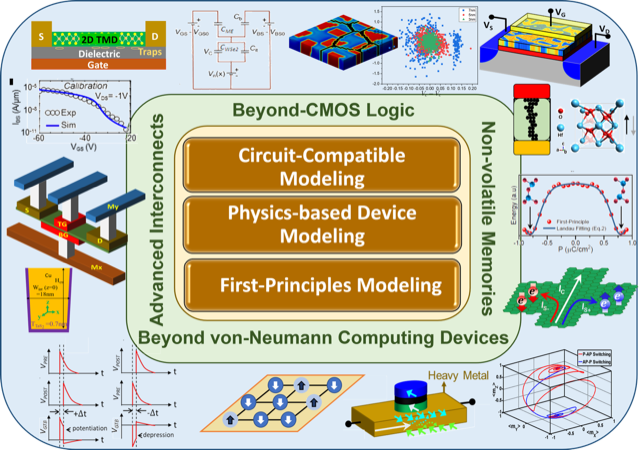

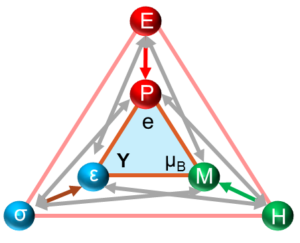

 Congratulations to NTC Awards Chair Alex Balandin, UC Riverside distinguished professor of electrical and computer engineering and materials science, who was selected for the DoD’s 2021 Vannevar Bush Faculty Fellows (VBFF) program.
Congratulations to NTC Awards Chair Alex Balandin, UC Riverside distinguished professor of electrical and computer engineering and materials science, who was selected for the DoD’s 2021 Vannevar Bush Faculty Fellows (VBFF) program.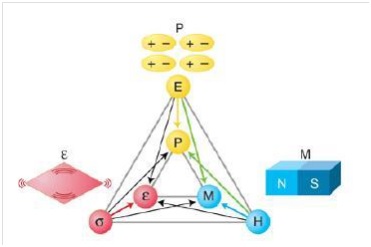 IEEE Journal on Exploratory Solid-State Computational Devices and Circuits (JXCDC): Call for Papers on “Emerging Hardware for Cognitive Computing”
IEEE Journal on Exploratory Solid-State Computational Devices and Circuits (JXCDC): Call for Papers on “Emerging Hardware for Cognitive Computing”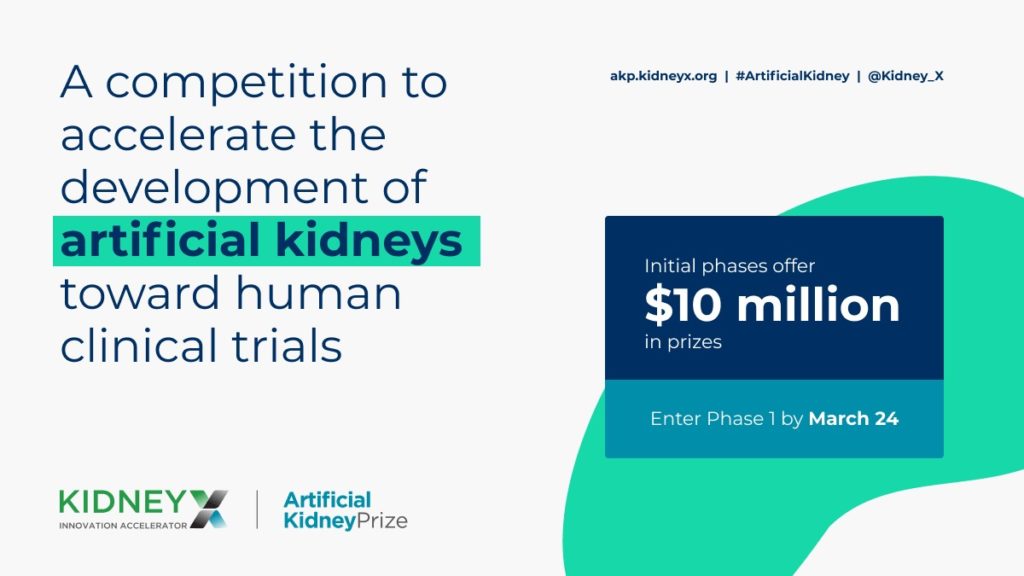



 Professor Mikhail Kats at the University of Wisconsin-Madison, USA, has been selected as the recipient for the 2020 IEEE Nanotechnology Council Early Career Award, with the citation:
Professor Mikhail Kats at the University of Wisconsin-Madison, USA, has been selected as the recipient for the 2020 IEEE Nanotechnology Council Early Career Award, with the citation: